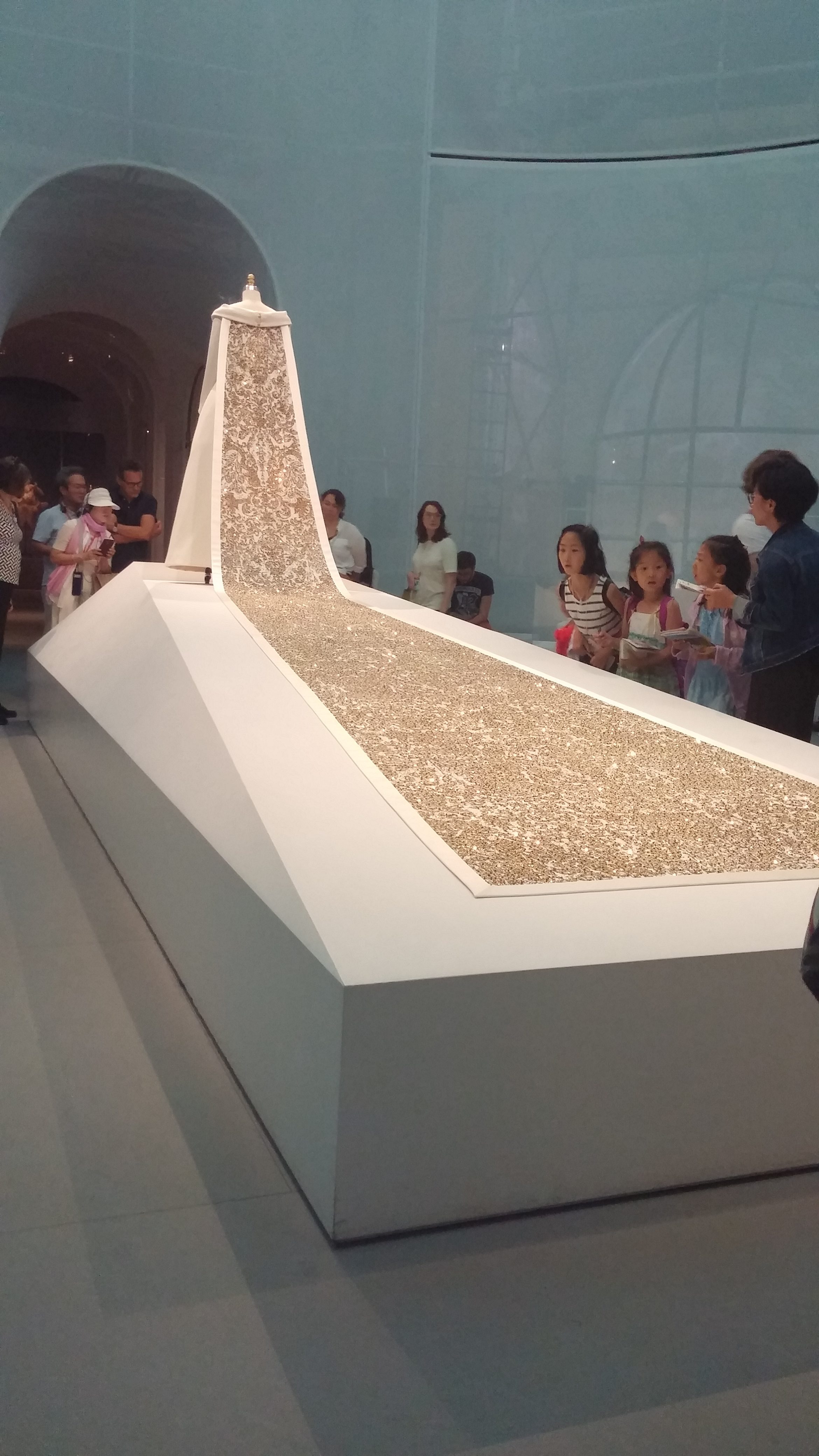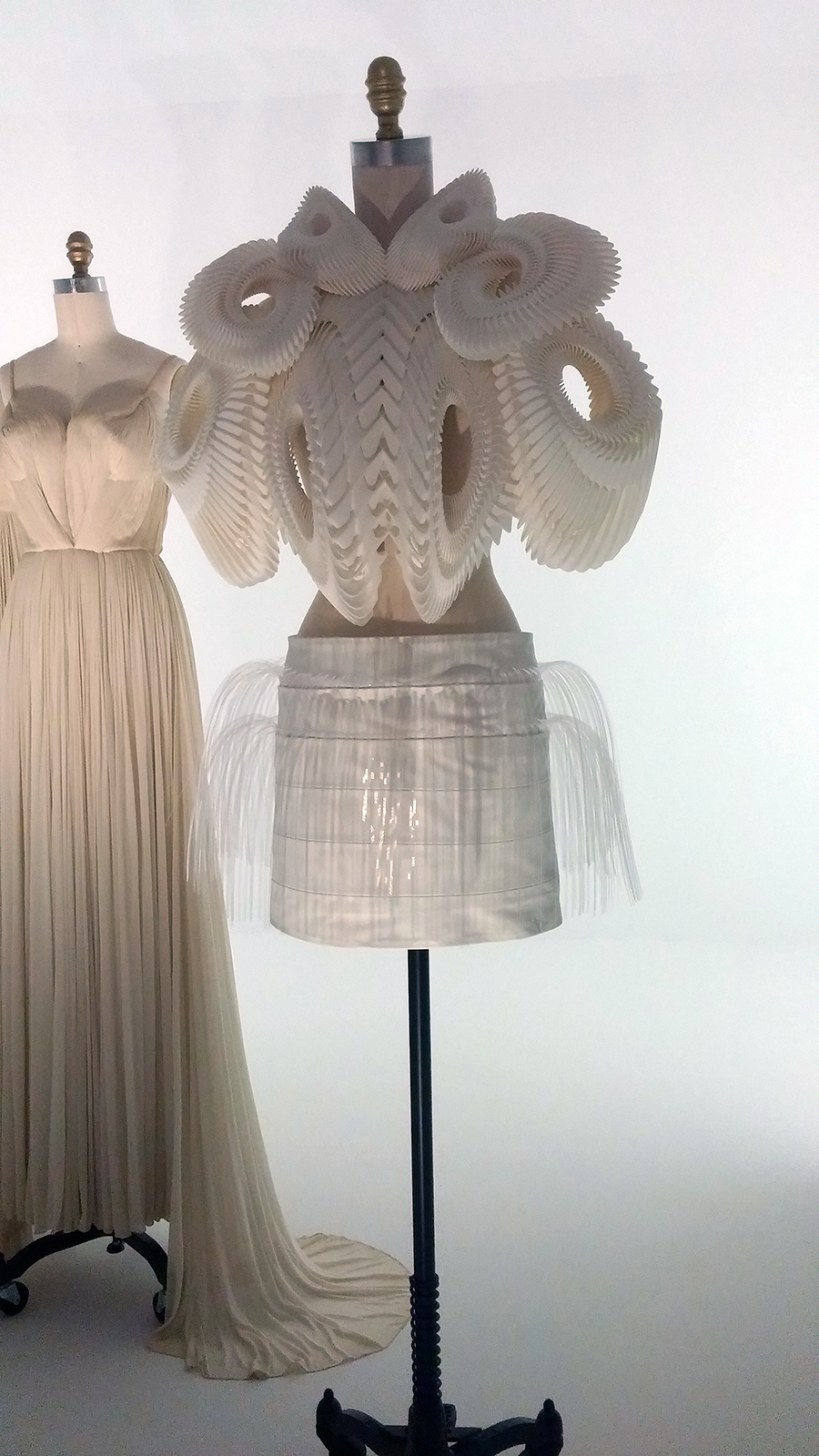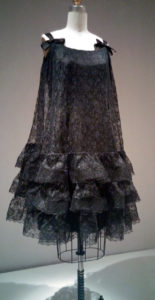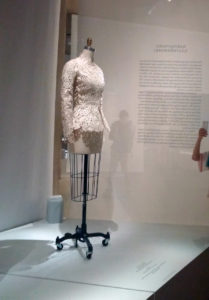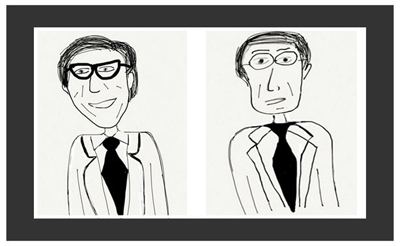This past weekend I watched Beasts of the Southern Wild. It didn’t hit me until a day later, but the storyline reminded me an awful lot of The Road by Cormac McCarthy.
Beasts of the Southern Wild is about a father and daughter struggling to survive before and after a devastating hurricane in Louisiana. The Road is a story about a father and son traveling in a post-apocalyptic world looking for food and shelter and just plain trying to survive.
In Beasts, the story is about a father and his child, a daughter. In The Road, the story is about a father and his child, but in this case, it’s his son. In Beasts, the hurricane signifies the end of the world. In The Road, the father and son are living in a post-apocalyptic world. In Beasts, food is scarce. In The Road, food is also scarce and it is very much feast or famine. In Beasts, the father is a hard son-of-a-gun. In The Road, the father is a hard son-of-a-gun. In Beasts, the mother leaves her family. In The Road, the mother also leaves her family, but in a much different way. In Beasts, it’s important to the father that his daughter be as tough as nails and independent. In The Road, it is essential that the father teach his son how to survive and how to be independent. In Beasts, when the daughter gets emotional, the father gets angry. In The Road, when the son is sympathetic to a starving old man and takes action, the father gets angry. In Beasts, the father is sick and deteriorating. In The Road, the father is sick and deteriorating. The endings are virtually the same.
Beasts of the Southern Wild is based off of a one-act play called Juicy and Delicious by Lucy Alibar. In it, the protagonist is a boy, which makes it even more like The Road. Check out this interview with Lucy Alibar: Interview. Juicy and Delicious was published in 2012.
There are two main differences between Beasts of the Southern Wild and The Road. One is the setting although a good argument can be made that both are apocalyptic. The other is why the authors came to write what they did. Cormac McCarthy said The Road was inspired by and written for his son. Lucy Alibar said that Juicy and delicious, the one-act play in which Beasts of the Southern Wild was based off of, was written because she was trying to deal with and process her father’s sickness. Although both writers were inspired by two vastly different relationships, the plotlines are similar.
The Road was published in 2006 and won the 2007 Pulitzer Prize for fiction. To read more about it, please visit: http://www.pulitzer.org/works/2007-Fiction. Here is an interview that Oprah Winfrey did with McCarthy back in 2008 about his work as a writer and his book, The Road: Interview.
I would recommend seeing Beasts of the Southern Wild because it is wildly engaging and well done. That said, I would also recommend reading and watching The Road for the same reasons.
What are your thoughts?
Share on Facebook



